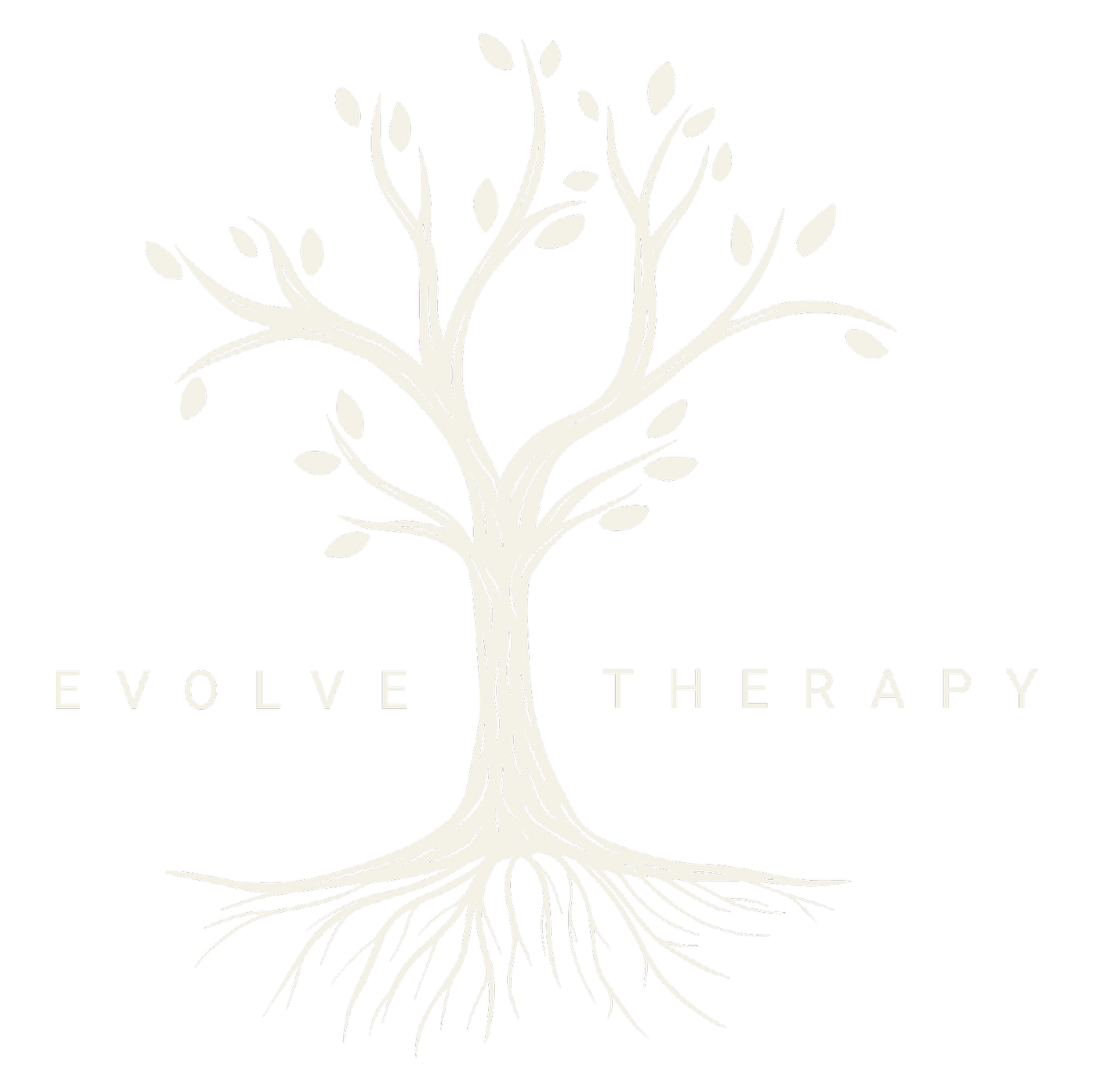Therapy Services in Phoenix, AZ
Our Mission
To effectively treat trauma and pain while positively influencing the lives of our clients and supporting transformative change in mental health treatment
Services
At Evolve Therapy, we provide current and evidence-based therapies for treating mental health, trauma histories, and complex pain.
-
We offer individual therapy for those struggling with depression, anxiety, ADHD, PTSD, bipolar, borderline personality disorder, dissociation, chronic illness and pain, disordered eating, substance use, acute stress disorder, complex trauma, and attachment trauma.
-
Evolve Therapy is a trauma-focused psychotherapy center. We are certified trauma professionals trained in Eye Movement Desensitization and Reprocessing (EMDR), Deep Brain Reorienting (DBR), CBT, psychodynamic therapy, ACT, somatic therapies, ART, parts work, and Structural Dissociation Theory. Our therapists stay current on research, theory, and psychotherapy.
-
Unlock the path to healing and renewal with our Therapy Intensives. Our experienced therapists provide expert guidance, tailored to your unique needs, offering deep insights and rapid progress in a condensed timeframe.
-
Consultation is offered to therapists looking for additional support with complex cases.
-
Evolve Therapy provides classes and events teaching trending topics such as understanding attachment and relationships, calming the nervous system, and how to live with pain without hurting.
-
We are proud to offer the Phoenix community yoga, biofeedback, meditation, and breathing technique classes designed for you to learn how to regain control over your mind and body. Contact us for business or group workshops.
-
Hiring associate-level and independently licensed clinicians wanting to train in EMDR, complex trauma, attachment, chronic health issues, and dissociation. Please send your resume and letter of interest to admin@evolvephx.com
-
Under the No Surprises Act (H.R. 133 – which goes into effect on January 1, 2022), health care providers need to give clients or patients who do not have insurance or who are not using insurance an estimate of the bill for medical items and services.
This Good Faith Estimate shows the costs of items and services that are reasonably expected for your health care needs for an item or service. The estimate is based on information known at the time the estimate was created.
You have the right to receive a Good Faith Estimate for the total expected cost of any non-emergency items or services. This includes (under the law/when applicable) related costs like medical tests, prescription drugs, equipment, and hospital fees.
The Good Faith Estimate does not include any unknown or unexpected costs that may arise during treatment. You could be charged more if complications or special circumstances occur. If this happens, federal law allows you to dispute (appeal) the bill.
If you receive a bill that is at least $400 more than your Good Faith Estimate, you can dispute the bill.
You may contact the health care provider or facility listed to let them know the billed charges are higher than the Good Faith Estimate. You can ask them to update the bill to match the Good Faith Estimate, ask to negotiate the bill, or ask if there is financial assistance available.
You may also start a dispute resolution process with the U.S. Department of Health and Human Services (HHS). If you choose to use the dispute resolution process, you must start the dispute process within 120 calendar days (about 4 months) of the date on the original bill.
There is a $25 fee to use the dispute process. If the agency reviewing your dispute agrees with you, you will have to pay the price on this Good Faith Estimate. If the agency disagrees with you and agrees with the health care provider or facility, you will have to pay the higher amount.
This serves as my public disclosure of the “Good Faith Estimate”
To learn more and get a form to start the process, go to www.cms.gov/nosurprises or call 800-985-3059. For questions or more information about your right to a Good Faith Estimate or the dispute process, visit www.cms.gov/nosurprises or call 800-985-3059. Keep a copy of your Good Faith Estimate in a safe place or take pictures of it. You may need it if you are billed a higher amount.










